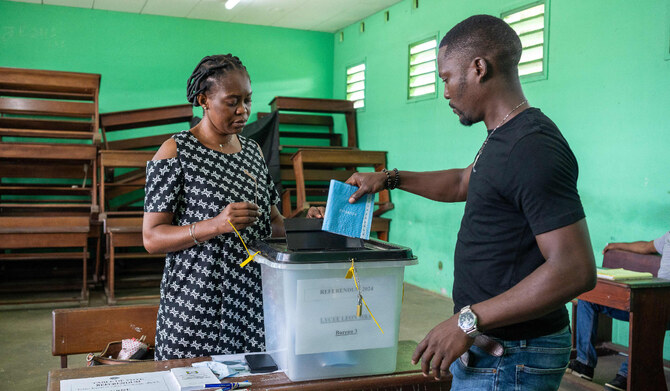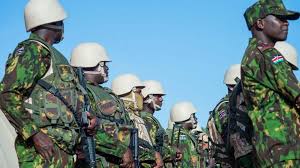Minister of Information and Communication Technology, Emma Theofelus, has announced that May 28 has been officially declared Genocide Remembrance Day by Cabinet. The announcement follows motions tabled in Parliament by Dr. Kuaima Riruako and Usutuaije Maamberua.
In a significant move towards recognizing and honoring the victims of genocide, the Namibian government has proclaimed May 28 as Genocide Remembrance Day. National Assembly Speaker Prof. Peter Kat-ja-vivi highlighted the importance of this day as a symbol of healing, reconciliation, and education.
Cabinet has therefore directed the Ministry of Education to utilize this day to educate the public on genocide history, promote empathy, tolerance, respect for human dignity, and strengthen national identity.
Also, Educational institutions have been urged to create comprehensive programs to achieve these goals.
The National assembly speaker Prof. Katja-vivi underlined « Genocide Remembrance Day holds profound significance for several reasons. Firstly, it serves as a powerful reminder of the dark chapters in our history, ensuring that the horrors of genocide are never forgotten. It is a day to honour the memory of the victims and to pay tribute to their enduring spirit. This day also provides an opportunity for national reflection and dialogue, encouraging us to confront the past, acknowledge the pain, and commit to a future of peace and justice. »
This proclamation signifies a commitment to a future of peace and justice, urging Namibians to unite in preserving the legacy of those who suffered and died.
Like Rwanda, Namibia also suffered a genocide attack orchestrated largely by the Germans agaianst the herrero and Nama people, from the period of 1904 to 1908. This resulted to the demise of about seventy five percent of the Herero population. 10,000 Nama also died during colonial rule.

















